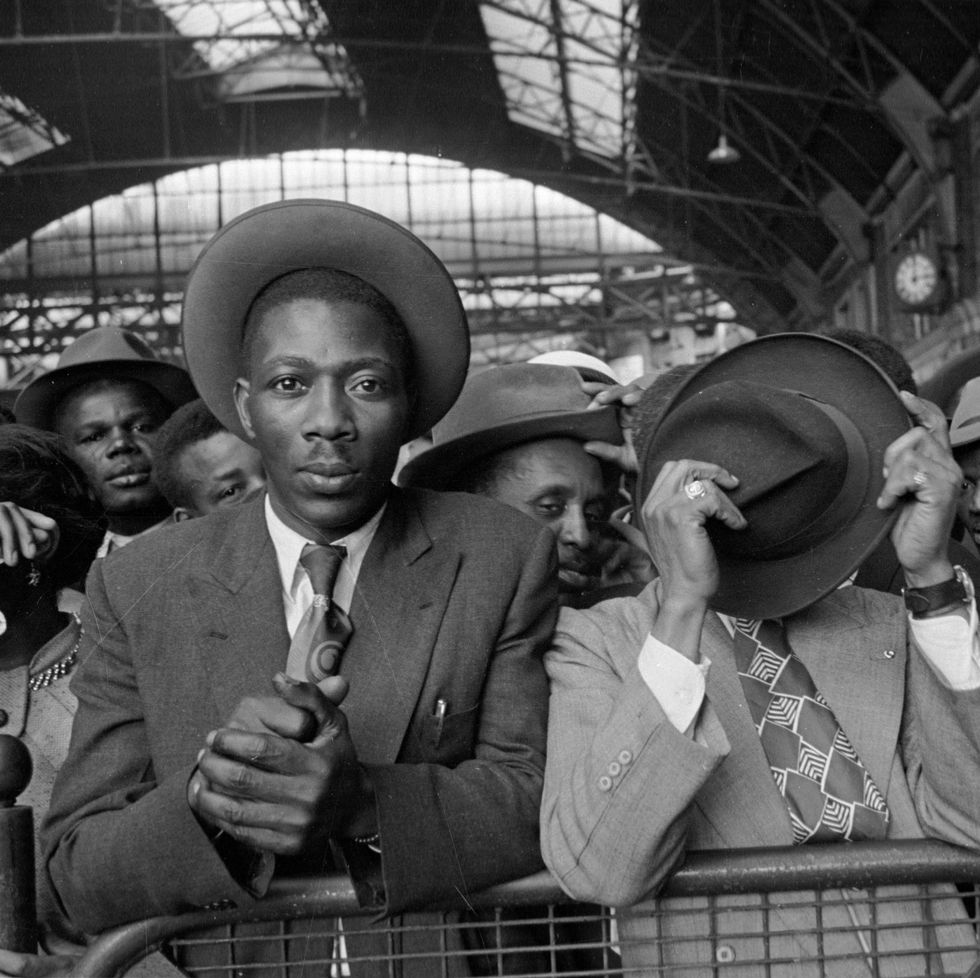
The representation of black lives in writing, art, politics and society bears a legacy of erasure, suppression and denial, a practice sometimes referred to by critics as “whitewashing”. This legacy, undoubtedly linked to the growth of modern European imperialism in the wake of Columbus’s American encounters, can often obscure the history of black people and their cultural output in different periods. From the “whitening” of Ancient Egypt—whereby it was situated within a European Mediterranean world, as opposed to an African one—to quiescence about the presence of black people in Britain prior to the Second World War, black representation in world history often featured as a kind of absence prior to the 1960s.
This module aims to examine representations of black lives and cultural output over a broad range of fields, including the visual arts, literature, history and politics, and in different historical periods. It investigates what it means to be black—generally understood as a social category or construct relating to Africans and their descendants, whether Afro-Caribbean, Afro-Latin, African American or Black British—in relation to critical discourses of ethnicity, race and postcolonialism. It will also be informed by seminal theories of race by black academics and theorists, including W. E. B. Du Bois, C. L. R. James, Henry Louis Gates, Sylvia Wynter, Joyce A. Joyce, Barbara Smith, Stuart Hall and Paul Gilroy.
- Module Supervisor: Jak Peake